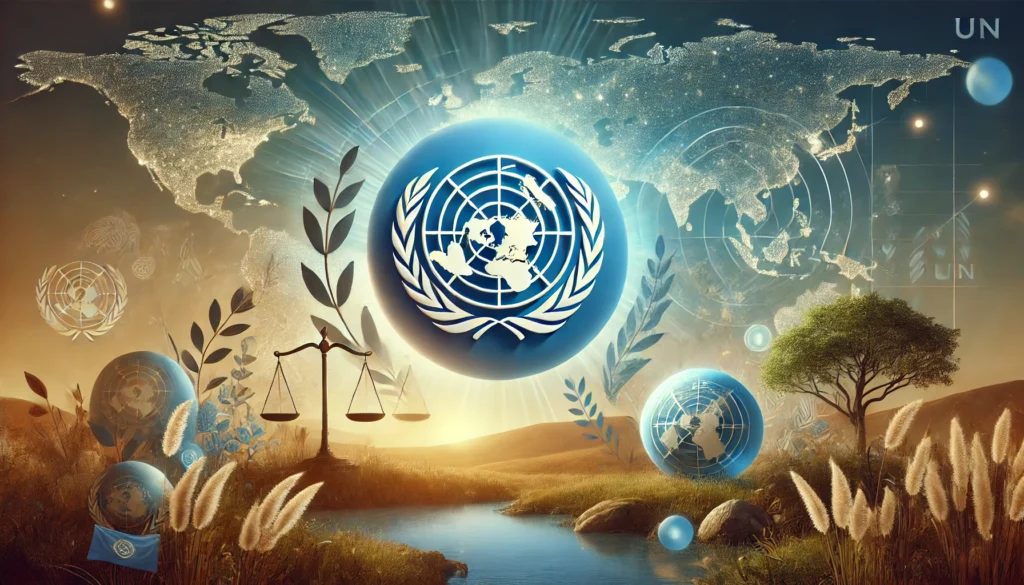Published on 27th March 2025
Authored By: Lakshya Kumar Singh
Institute of Engineering and Management
Introduction
In a world where words hold immense power, the line between free speech and defamation can often become blurred. In India, this delicate balance is at the heart of ongoing debates about personal reputation and freedom of expression. As individuals navigate their right to speak openly while also respecting others’ dignity, understanding defamation law becomes crucial.
Have you ever posted something online that sparked controversy? Or perhaps you’ve faced unjust criticism that tarnished your name? These scenarios highlight why knowing how defamation laws work in India is essential for both protecting oneself and fostering healthy discourse. Join us as we delve deeper into what defamation really means, its various forms within Indian law, and how it intertwines with our fundamental right to express ourselves freely.
[1][i]Defining Defamation: What It Means and Its Impact
Defamation refers to the act of making false statements about a person that damage their reputation. It can be spoken, known as slander, or written, referred to as libel. The core principle is simple: if your words harm someone’s good name and are untrue, you may have crossed into defamation territory.
The impact of defamation can be profound. Not only does it affect personal relationships, but it can also lead to significant emotional distress and financial loss for the victim. In today’s digital age, where social media amplifies messages instantly, the repercussions can spread like wildfire.
Understanding what constitutes defamation helps individuals navigate this complex legal landscape. Awareness is key in both safeguarding one’s own reputation and recognizing when one might need protection against unjust claims made by others. This knowledge empowers citizens to engage thoughtfully in public discourse without fear of unwarranted attacks on their character.
Understanding Defamation Law in India
Defamation law in India plays a crucial role in maintaining the delicate balance between free speech and individual reputation. It is primarily governed by two sections of the Indian Penal Code: Section 499 and Section 500.
These laws define defamation as an act that harms someone’s reputation through false statements, either spoken (slander) or written (libel). The essence lies in proving that the statement made was untrue and damaging to one’s character. The burden of proof typically falls on the person claiming defamation. This means they must demonstrate how their reputation has suffered due to another’s words or actions.
However, there are defenses available, such as truth and fair comment. These provisions ensure that genuine opinions do not get stifled while still protecting individuals from malicious attacks on their character. Understanding these nuances is essential for anyone navigating this complex area of law.
Types of Defamation in India
Defamation in India can either be
1. Libel: Defamation through written or printed material.
2. Slander: Defamation through spoken words or gestures.
Each type has distinct legal implications and challenges. For instance, proving libel often requires showing the content was published and false. In contrast, slander cases may demand evidence of actual damages incurred due to the defamatory statement.
The impact on victims varies too. Written defamation tends to have a more lasting effect because it remains accessible over time while spoken words might fade away but can still leave an emotional scar.
Understanding these nuances is essential for anyone navigating the complexities of defamation law in India.
The Importance of Protecting Free Speech
Free speech is the cornerstone of a vibrant democracy. It allows individuals to express their thoughts, beliefs, and opinions without fear of retaliation. This freedom fosters creativity and innovation.
In a society where free speech thrives, diverse ideas can flourish. People are encouraged to challenge norms and engage in healthy discourse. Such an environment cultivates critical thinking and personal growth. Protecting free speech also safeguards against tyranny. When voices are silenced, truth becomes distorted. An informed citizenry relies on open dialogue to hold power accountable.
However, this right comes with responsibilities. While expressing oneself freely, it’s essential to consider the impact on others’ reputation. Balancing these aspects ensures that everyone can enjoy their freedoms while respecting those around them. Protecting free speech nurtures a culture of respect and understanding among differing perspectives.
Balancing Free Speech and Reputation
Finding equilibrium between free speech and reputation is a complex challenge. On one hand, individuals have the right to express their opinions openly. This freedom fuels democracy and promotes societal progress.
On the other hand, reckless statements can damage reputations irreparably. People may suffer emotional distress or lose career opportunities due to false information spread in the name of free expression.
The law often steps in to adjudicate these conflicts. Defamation laws are designed to protect individuals from unsubstantiated claims that harm their public image while allowing genuine discourse to flourish.
Navigating this legal landscape requires nuance. Engaging responsibly with sensitive topics ensures that dialogue remains constructive rather than damaging. The goal should be fostering understanding without trampling on someone’s good name or integrity.
Public figures face even greater scrutiny, balancing their visibility against potential defamation risks as they navigate criticism and accountability within a charged atmosphere.
[2]Recent High Profile Cases of Defamation in India
Recent high-profile defamation cases in India have captured public attention and sparked debate surrounding free speech and reputation. One notable case involved a prominent Bollywood actor who filed a lawsuit against a news channel for airing defamatory statements about his personal life. The legal battle highlighted the tension between media freedom and individual privacy.
Another significant instance featured an influential politician taking action against social media users for spreading false information, claiming it tarnished their image. This situation raised questions on accountability in the digital age where rumors can spread rapidly.
Moreover, various celebrities have turned to courts after facing derogatory remarks made online or through interviews. These cases emphasize how reputational harm can occur swiftly, prompting individuals to seek justice while navigating the complexities of free expression rights within Indian law. Each incident underscores the ongoing struggle to balance speaking freely with respecting one’s dignity and standing in society.
Steps to Take if You are a Victim of Defamation
Experiencing defamation can be distressing. The first step is to gather evidence. Document every instance of the defamatory statement, including dates, times, and context.
Next, consider reaching out directly to the person responsible. Sometimes a simple conversation can resolve misunderstandings or lead them to retract their statements.
If that doesn’t work, consult a lawyer specializing in defamation law. They can provide insight into your specific situation and help you understand your rights.
You may also want to file a formal complaint with social media platforms if the defamation occurs online. Many have policies against harmful content and will take action.
Focus on protecting your reputation through positive engagement in public forums or social media; showcasing your character often speaks louder than untrue words ever could.
Conclusion
Defamation law in India plays a crucial role in the intricate balance between free speech and reputation. It’s essential to protect individuals from false statements that could tarnish their public image, while also ensuring that freedom of expression is not unduly restricted. The legal framework aims to provide clarity on what constitutes defamation and offers recourse for victims who have suffered harm.
As society continues to evolve, so does the interpretation of these laws. High-profile cases highlight how significant this issue can be in contemporary discourse. They serve as reminders of the delicate interplay between speaking one’s mind and protecting one’s dignity.
For anyone facing defamatory remarks, understanding your rights is vital. Seeking legal advice can help navigate through the complexities involved. Meanwhile, promoting awareness about responsible speech allows us all to contribute positively to public dialogue without fear of unwarranted repercussions.
The ongoing discussion around defamation law reflects broader societal values regarding truthfulness and respect for personal integrity—an endeavor we must approach with care and consideration as we champion both free speech and reputation.
References
[1] https://www.law.cornell.edu/wex/defamation
[2] https://www.ndtv.com/india-news/delhi-high-court-to-2-channels-sued-by-filmmakers-no-defamatory-content-2322641
[i] https://www.law.cornell.edu/wex/defamation




